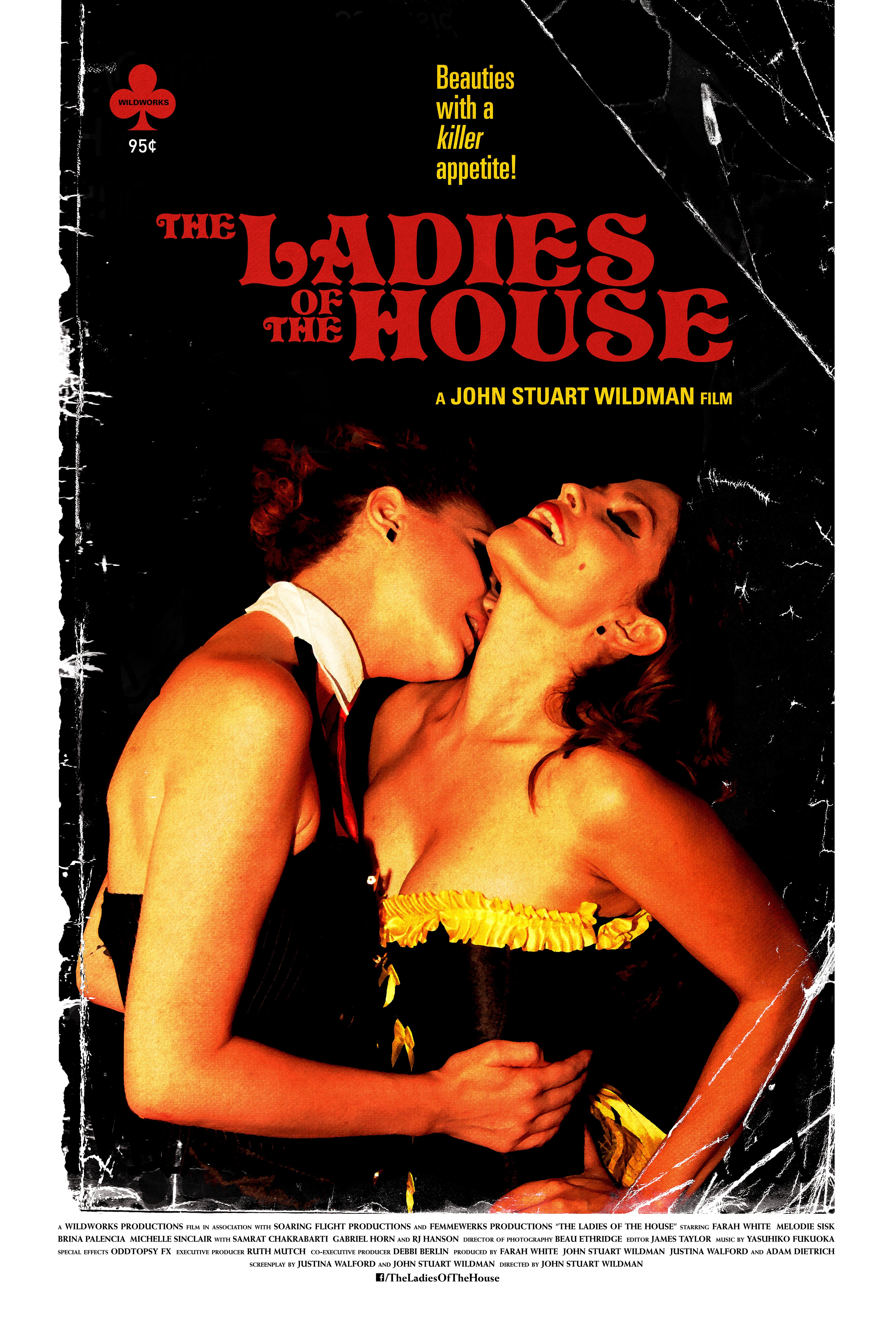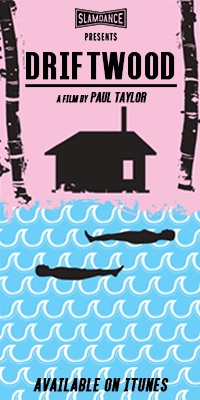A Film Prize Genesis Story
The legend of the Louisiana Film Prize (www.LaFilmPrize.com) is that, on a wild, tequila-fueled night, I came up with a simple idea that has become a proving ground for indie filmmakers. The next morning, this was scrawled on a wall (or, according to some tellings, it was a whiteboard or a neon blue Post-it): Shoot a short film, win $50,000.
The story is mostly true.
Veracity aside, the wonderful thing is that the gloriousness that came out of that night (and the subsequent bone-crushing hangover) has provided, in my opinion, one of greatest film competitions on the planet.
Wait. Before you assume I’m insane and click off the page, give me a chance to explain.
The Film Prize was designed with one thing in mind: To energize and incentivize filmmaking. Being a filmmaker myself, my biggest sin has been that I haven’t been an active filmmaker practicing my craft. I’ve talked a lot about filmmaking. Some might say that I landed my wife because I chatted her up about me being an aspiring filmmaker. I’ve even sketched out a lot of film ideas on cocktail napkins. But, in the end, my filmmaking canon doesn’t extend very far beyond film school. Oddly enough, amongst my filmmaking friends, I’m not an anomaly.
So how do you solve this somewhat pervasive issue? How do you ignite and activate filmmaking passion? How do you find the folks out there who burn to make a film but can’t find a good reason to stop binge watching Netflix (or, in my case, playing PS4) long enough to create a movie? For better or worse, we did it with a simple goal and whole lot of money.
Are we crazy? Yes. We might be crazy.
To qualify for the Film Prize, a filmmaker only has to create a 5 to 15-minute short film in a designated area of northwest Louisiana. While the production has to be in the Shreveport area, the pre- and post-production can be done in your hometown. Because of the democratization of filmmaking (and because it’s a short), the production costs and time required to produce Film Prize film are minimal. Also, because places like Shreveport have become used to film production, the city and surrounding area are a well-stocked, low-cost back lot with a willing community of cast and crew members who are there to fulfill most of your cinematic dreams. When you combine all of this with a massive cash prize, why, you might be asking yourself, don’t you have a script in one hand, a camera in the other while using your knees to drive yourself to the Land of the Film Prize?

2016 Kodak Golden Reel Award winner Haven Nutt, shooting on location in Haughton, Louisiana for her new film, STREET DYKES
But I still might sound crazy. If you squint, I certainly have some of the tendencies found in characters Herzog’s main character in “Fitzcarraldo” (pushing my fantasy over the hill to bring the indie film gospel to the natives). The litmus test is in the numbers. Empirically, what has all this yielded?
If you include this year, we have helped incentivize the creation of over 600 films by filmmakers from all over the country. We are now averaging over 1000 cast and crew per year working on Film Prize projects. While the budgets aren’t incredibly high, most of these cast and crew are getting paid and honing their craft.
How do we spell your name on your $50,000 check?
You might be thinking, what about the money? While putting together a film is mostly a blast, it’s completely fair to point back to the part about the $50,000. If you wanted to put it politely, you might cleverly ask, “How would one attain the gold that sits at the end of the Film Prize rainbow?”

The MAN FROM MARS’s Jonnie Stapleton and Domenico Grasso, celebrate with their very big check for winning the 2016 Louisiana Film Prize
This is the best part. Beyond the gloriousness of the making of the films (during the Production Phase of the Film Prize, I consider my team to be part Four Seasons Concierge, part caring Jewish aunt), there is a higher level of awesomeness where, if chosen, Film Prize Finalist filmmakers compete for the $50,000 cash.
In order to determine who gets the money, we take the best 20 films (as determined by a set of nationally-based judges), and show them in various theaters around Shreveport’s downtown during Film Prize Fest Weekend (October 5-8). The magic is how the winner is determined. The 20 films are split into two slates of 10 films (both slates run about 2 hours each), and they are judged by a professional panel of industry experts (journalists, producers, distributors and film industry Swiss Army knives, like the effervescent John Wildman) AND the public. This means, if you’re good enough to make it to the Top 20, then you have the opportunity to be out there promoting yourself, hobnobbing with the judges and cajoling your film fans to vote for you. You get to talk about your film in front of an audience that deeply wants to get to know you. The vibe is indescribable and creates a collective energy that is unparalleled in most of the fest world.
Then, on Sunday, we join together for a brunch and, in an end-of-summer-camp setting (a lot of hugging, crying, exchanging of addresses), we celebrate your achievement and give one lucky filmmaker the world’s largest check for a narrative short film.
Why ask why?
By this point, you should have a good idea of the how/why/when of the Film Prize. There’s not a lot I can do if you still think I’m crazy. That said, as a final attempt to sway you to make a film or, in the least, come to Shreveport in October, please know why this competition was created. It was created for you, the filmmaker. I deeply wanted to give you a reason to practice your art and your passion. I wanted to give you a goal to strive for and for that goal to yield the creation of a film you would be proud of. To me, there are fewer and fewer places that celebrate your work in a way you deserve, and, to me, there is no better place — dare I say it? — on the planet to do this besides the Film Prize!
In my world, this is when we raise our glasses and give a toast celebrating the creation of our own Film Prize legends, and, together, we say, “VIVA LA FILM PRIZE!”













READER COMMENTS